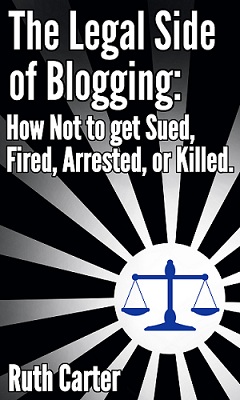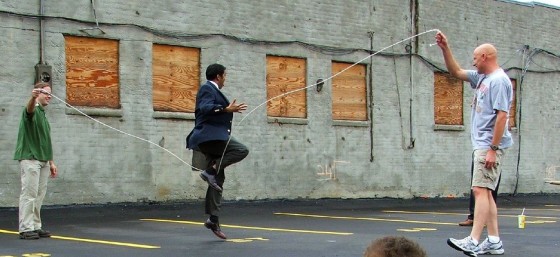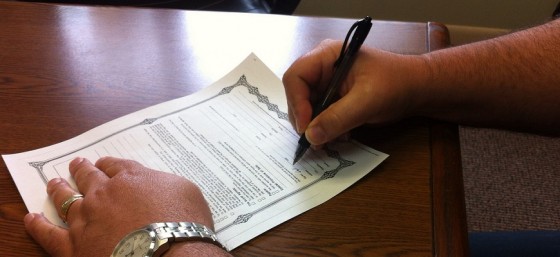
There has been a lot of controversy and questions around unmanned aerial vehicles – aka drones. According to Amazon, you can get one for under $100 and they look really cool. If you equip a drone with a camera, the potential footage is amazing. Improv Everywhere used one this year to shoot part of Black Tie Beach 2014. Apparently there’s a way to attach a beacon to yourself and have your drone follow you, which could make for amazing footage if you’re involved in a hobby like surfing or rock climbing.
I’ve been getting questions about the legalities of having a drone in Arizona. So I did some research and here’s what I’ve learned so far:
Arizona does not have any drone-specific laws at this time. You can legally fly a drone, with or without a camera, Arizona; however, there are some guidelines about that. You have to keep it under 400 feet and you can’t fly it within five miles of an airport without permission.
The Federal Aviation Administration (FAA) prohibits the use the drones for commercial purposes. That means you can’t make money from your drone. You can’t sell services that include using a drone – like a video production company or a realtor who wants to use a drone to shoot footage of properties that are for sale. It also means you can’t run ads on the videos you shoot with your drone and post on YouTube. I have friend at Fox 10 Phoenix and he said the station has a drone but they don’t use it because they make money by sharing videos of newsworthy stories.
If you injure a person or their property with your drone, you will be responsible for paying for the damages. This is same rule that applies if you’re playing catching with a friend and you accidentally hit your neighbor with your ball or throw it through their living room window.
There have been discussions about whether the City of Phoenix will create city ordinances around drones. I think drones should be dealt with at the state level, not the city, especially a metropolitan area like Phoenix where there’s not space between where one city end and the next begins.
One of the challenges that I expect will emerge related to drones is related to the fact that it’s not always easy to tell who is operating a particular drone. Unlike remote-control aircrafts, you don’t need line of sight to operate a drone. If someone violates the FAA rules or any law with a drone, it may be difficult to identify the operator.
This is an emerging area of law that I will keep an eye on. The FAA’s rules regarding hobbyists’ use of drones are expected to be released in 2015. You can learn more about the FAA’s guidelines for drones here.
Fellow Phoenix attorney and overall nice guy James Arrowood is also following developments in drone law. He did a fantastic interview on PBS about this topic recently.
If you want to chat more about this topic, feel free to connect with me on Twitter, Facebook, YouTube, LinkedIn, or you can email me. You can also subscribe to the Carter Law Firm newsletter.
Please visit my homepage for more information about Carter Law Firm.







![TransparencyCamp 2012 - #tcamp12 social network graph [1/2] by Justin Grimes from Flickr (Creative Commons License)](http://carterlawaz.com/wp-content/uploads/2014/08/network-560x257.jpg)

